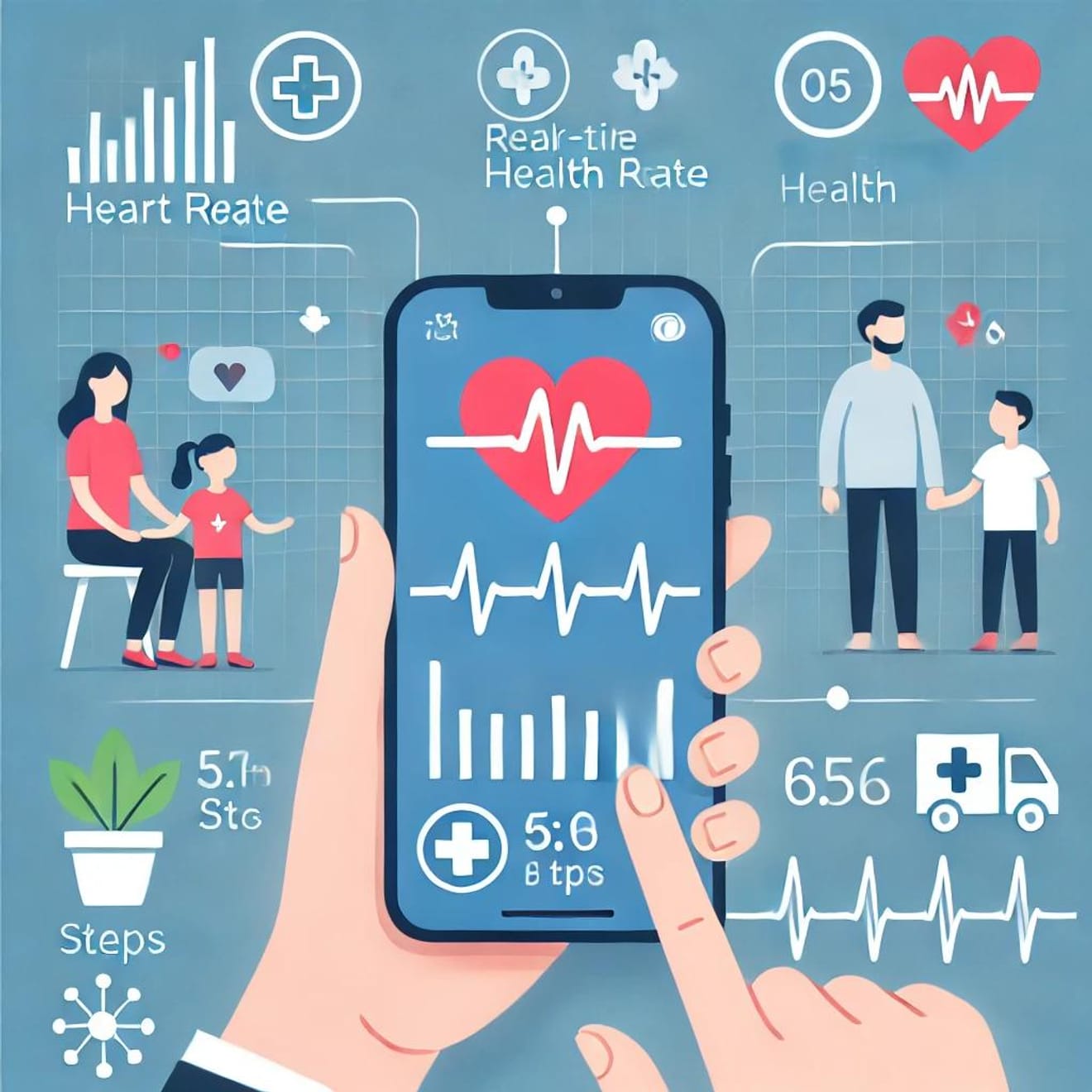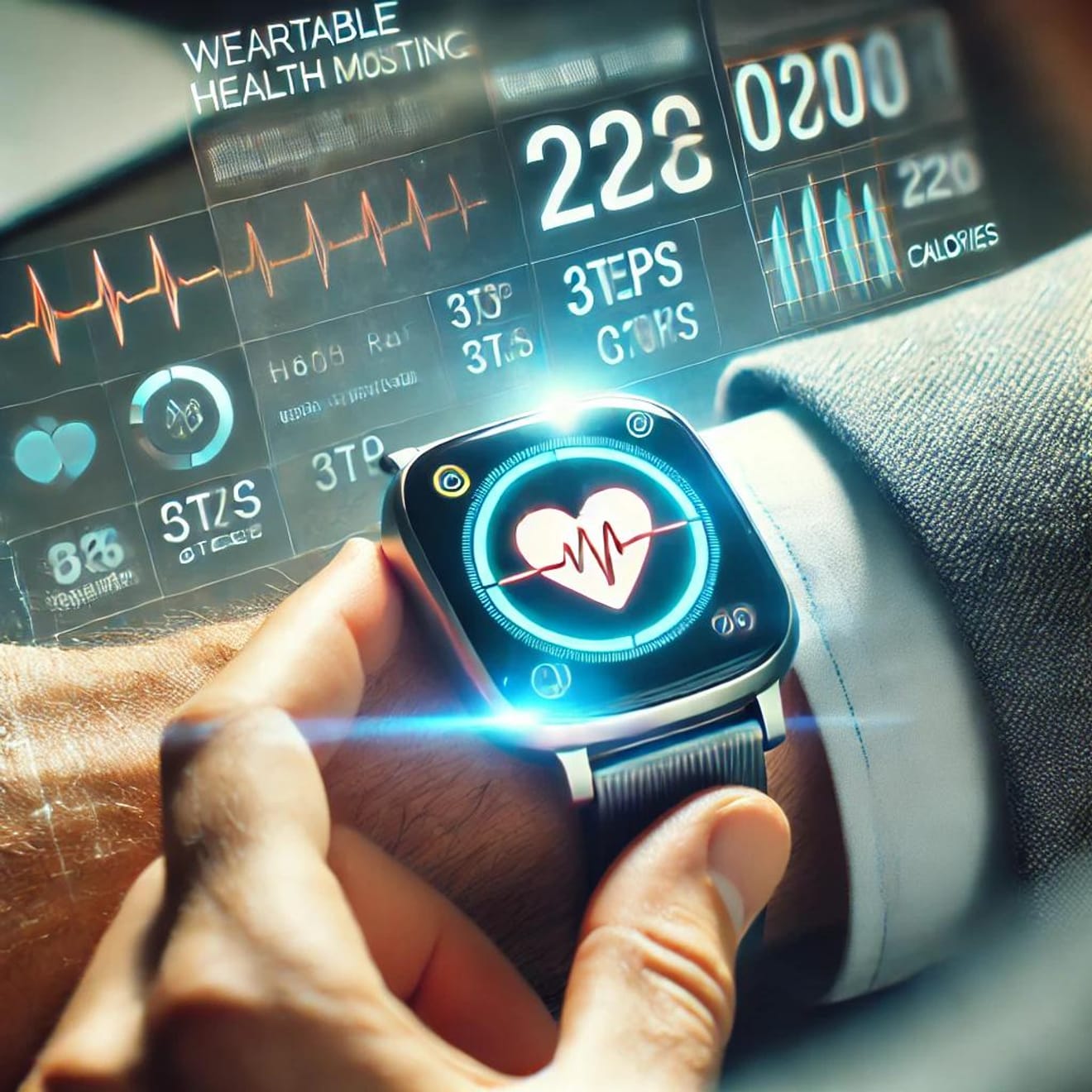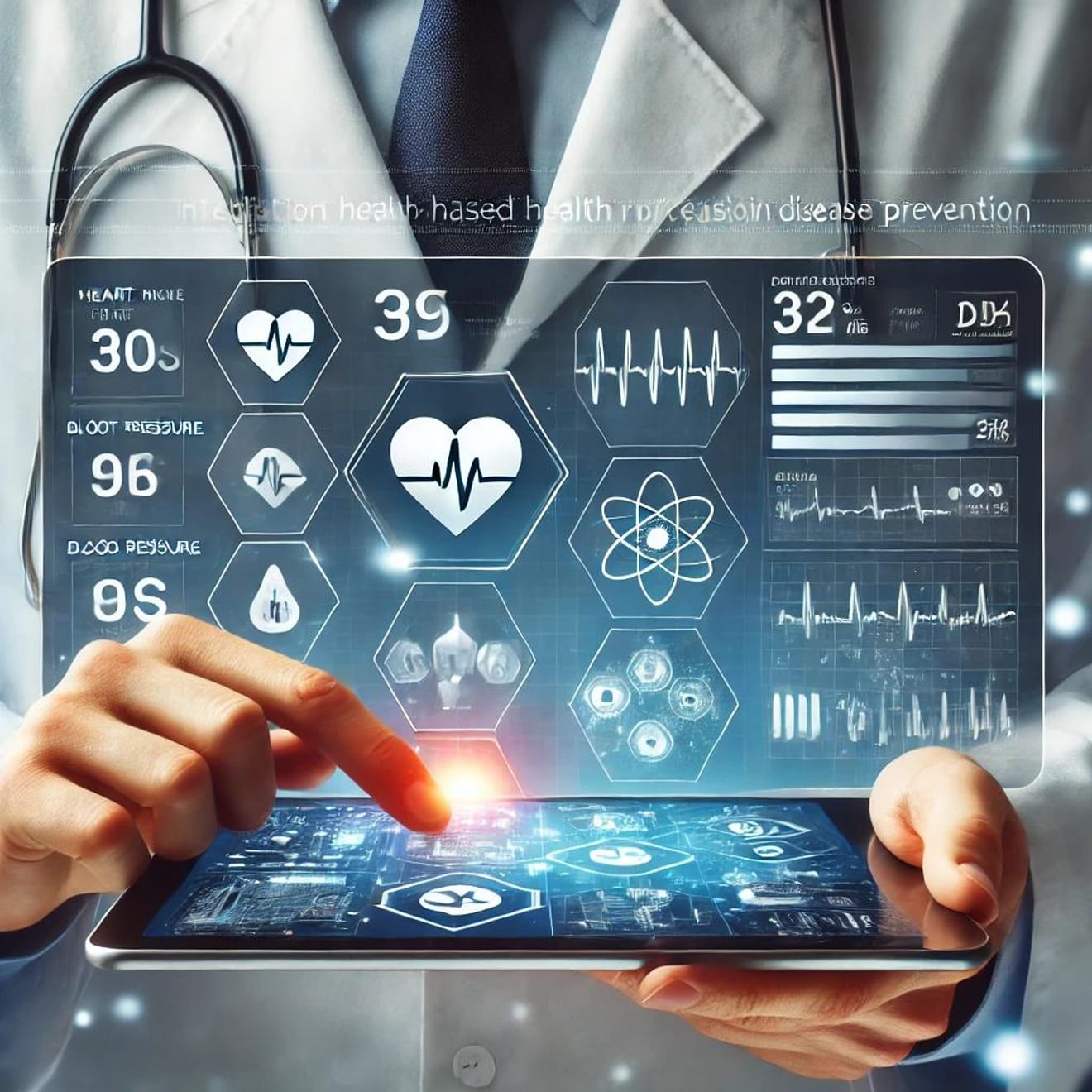The 21st century, marked by the digital revolution and the advancement of the information society, has brought about significant changes in how we manage our health. Among these changes, smart healthcare platforms, leveraging cloud-based technologies, are ushering in a new era of personalized health management. We've moved beyond simple hospital visits and medication; the age of real-time health management and prevention through cloud and smart technologies is upon us. This article will explore how smart healthcare platforms enable personalized health management and how cloud-based technologies are evolving.

1. Definition of Smart Healthcare Platforms
Smart healthcare platforms are systems that utilize cutting-edge digital technologies to monitor an individual's health in real-time and provide data-driven health management. These platforms primarily operate on a cloud-based infrastructure, facilitating real-time sharing and analysis of health data between users and healthcare professionals. Smart healthcare platforms integrate wearable devices, smartphone apps, and health tracking systems to empower users to manage their health more effectively.
The core functions of smart healthcare platforms are data collection and analysis. Users and healthcare professionals collaboratively review data to implement personalized health management. Various health data points, such as blood pressure, heart rate, and blood sugar levels, are collected in real-time, enabling accurate analysis to assess health status and recommend appropriate treatment methods.
2. Advantages of Cloud-Based Smart Healthcare
Cloud-based smart healthcare offers a system for real-time storage, analysis, and sharing of health data. Utilizing cloud technology centralizes data, enabling users to access their health information anytime, anywhere. Healthcare professionals can also remotely monitor patients' health status and provide necessary treatment plans.
2.1 Improved Data Accessibility
Cloud-based smart healthcare platforms offer users the convenience of accessing their health data anytime, anywhere. Through smartphones or web platforms, health data can be monitored in real-time and shared with healthcare professionals. This facilitates efficient telehealth and health management.
2.2 Real-Time Health Monitoring
Smart healthcare platforms enable real-time health data tracking, significantly aiding in disease prevention and early detection. For instance, users can monitor their heart rate, blood pressure, and sleep patterns through smartwatches or healthcare apps, receiving immediate alerts if any anomalies occur. This allows for preventative measures before disease onset.
2.3 Personalized Health Management
Smart healthcare platforms enable personalized health management. Based on a user's genetic information, lifestyle, and medical history, customized health management solutions can be provided. For example, individuals vulnerable to obesity, cardiovascular disease, or diabetes may be offered specific exercise plans or diets to aid in effective prevention and treatment.

3. Key Functions of Smart Healthcare Platforms
Smart healthcare platforms systematically manage an individual's health through various functions. The key functions are as follows:
3.1 Health Data Collection
Smart healthcare platforms collect health data in real-time through various digital devices. Wearable devices, smartphones, and smart bands measure users' heart rate, steps taken, sleep patterns, etc., storing this information on the platform. This data forms the basis for personalized analysis.
3.2 Health Data Analysis and Prediction
The platform analyzes collected data using AI and machine learning algorithms to predict a user's health status. For example, analyzing changes in heart rate and fluctuations in blood sugar levels can predict the risk of heart disease or diabetes, suggesting preventative measures.
3.3 Telemedicine and Expert Consultation
Smart healthcare platforms support telemedicine and expert consultations. Users can engage in real-time consultations with healthcare professionals, receiving advice on their health status and treatment plans. This allows for efficient health management regardless of time or location.
4. The Future of Smart Healthcare Platforms
Smart healthcare platforms will significantly transform future health management. By integrating with AI, big data, and IoT (Internet of Things), even more accurate and personalized health management will become possible. Combining digital therapeutics and cloud-based analysis will lead to disease prevention and efficient treatment. Future health management will become increasingly automated and personalized.

Smart healthcare platforms, through cloud-based technologies, enable personalized health management, aiding in disease prevention and early detection through accurate health data analysis and real-time monitoring. These technologies will bring significant changes to future health management methods, providing users with efficient and accessible health management options. Smart healthcare platforms will continue to develop and become more widespread, becoming a crucial technology that helps more people maintain healthy lives.
Comments0